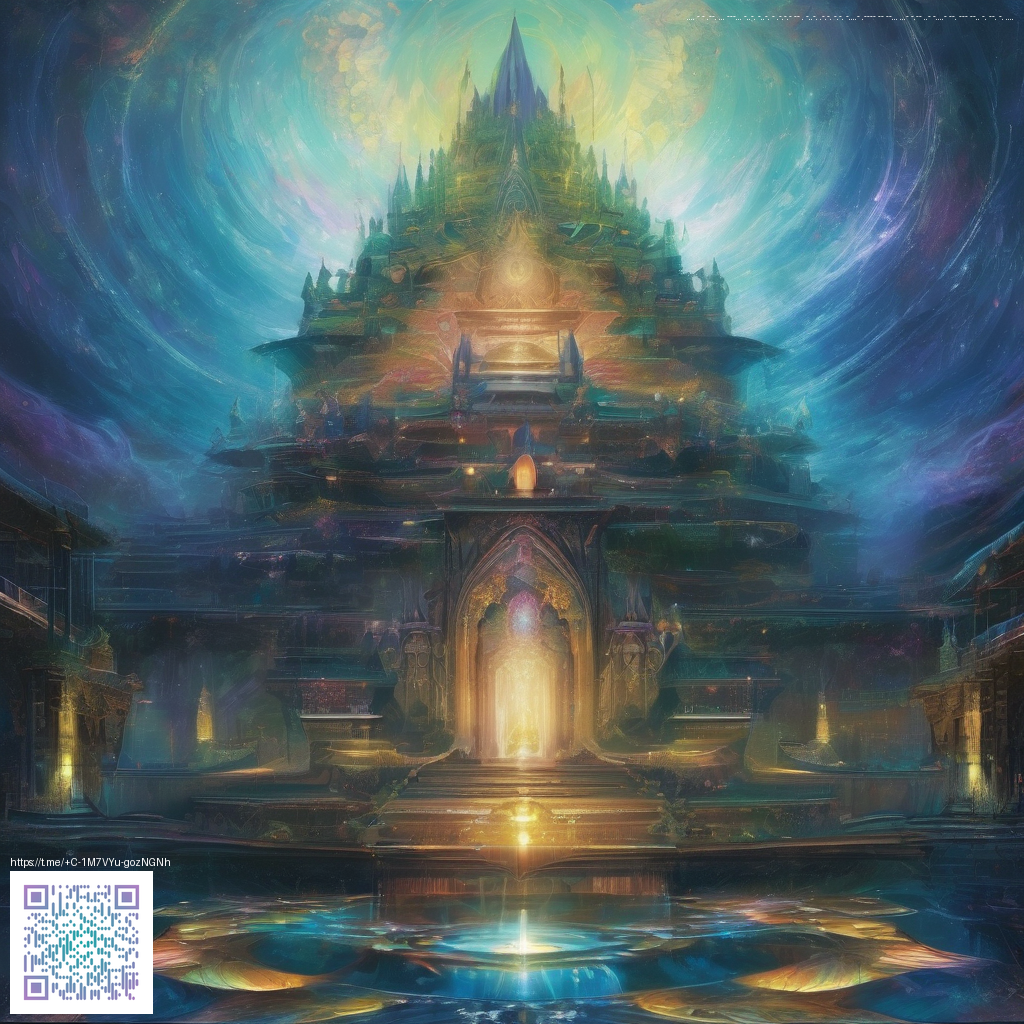
Monster Hunter Rise Controversies Explained
Monster Hunter Rise sparked a dedicated community from day one. Its leap onto PC later introduced a new wave of conversations about platform choices and expansion pacing. This piece dives into the two flashpoints that shaped the public discourse its fans carried across forums, streams, and modding channels. We unpack the PC delay and the Sunbreak expansion with a view that blends gameplay analysis with community voices and developer notes.
PC delay and its lasting impact
The Switch version arrived first, delivering a compact yet dense hunting sandbox that emphasized mobility, stealth, and crowd control. When a PC port entered the scene, expectations rose for higher frame rates, sharper textures, and refined controls. The release window did not align with the fan base that expected a simultaneous, cross platform launch. Capcom explained that they wanted to deliver a faithful PC experience with solid optimization rather than rushing a port that could undercut the core feel of the game. The result was a notable delay that kept many players waiting during a period of intense online activity and long hunt sessions.
From a gameplay perspective the PC version ultimately offered a richer toolkit for pilots of the hunt. Rebindable controls, advanced graphics options, and a broader competitive ecosystem made late night sessions more approachable for mouse and keyboard players. Yet the conversation around the delay persisted, with some players voicing frustration about the time spent waiting for parity and polish. Community members who lean into technical performance pointed out that certain rigs enjoyed more consistent frame pacing after successive patches, while others still reported occasional hiccups. The split in experience helped fuel a broader discussion about platform dependencies and the responsibilities of developers to their diverse audience.
Sunbreak expansion and the evolving debate
Sunbreak arrived with a roar of new content, including a fresh campaign arc, new monsters, and expansive endgame systems. The expansion broadened the combat toolkit and challenged players to rethink hunting strategies, particularly in late game progression. The controversy here centered on value and pacing. Some players argued that the expansion felt rushed in places, while others celebrated the depth and longevity it added to the game world. Patches and post launch updates addressing balance and performance helped soothe many concerns, yet the conversation remained lively as speedrunners and metas adapted to the new slate of encounters.
From a content creator perspective the arrival of Sunbreak reinvigorated streams and videos. Analysts highlighted how monster rosters and arena layouts shifted the meta, encouraging new team builds and reconnaissance tactics. The patch cycle proved that Capcom invested in ongoing tuning, which in turn reinforced a sense that the game would continue to evolve rather than remain static after a single big release. The community kept a pulse on whether the price aligned with the breadth of new material, a discussion that naturally echoes the broader discourse around expansion models in modern live service titles.
Voices from the community
Players from across regions shared perspectives on how the PC launch and Sunbreak shaped their long term engagement. Content creators highlighted the joy of discovering hidden mechanics such as weapon specific synergies and monster phase shifts, while veteran hunters offered tips for optimizing loadouts in the new content. A thriving modding scene emerged, focusing on quality of life tweaks, texture improvements, and community driven balance experiments. The mix of formal patch notes and player led adjustments created a dynamic where the game felt alive beyond official updates, a hallmark of a healthy community in the wake of controversial decisions.
Even with tensions, the culture around Monster Hunter Rise remains resilient. Players frequently cite the cooperative experience as the core appeal, the flow of hunts with friends as a unifying thread. The ongoing dialogue around platform parity, price, and support underscores a mature audience that expects developers to listen, adapt, and iterate. The result is a community that can celebrate a successful expansion while still debating defined edges of the experience.
Modding culture and official cooperation
Modding has long been a cornerstone of the hunting community, with fans pushing for enhanced textures, improved UI clarity, and accessibility options. On PC, mods often address quality of life or experimental balance tweaks, feeding a feedback loop that informs both players and creators. The dialogue between modders and developers can be constructive, turning community ideas into practical tools that expand how the game is experienced. While official channels steer the core experience, the modding ecosystem keeps the game feeling fresh and responsive to a broad spectrum of play styles.
That synergy illustrates a broader trend in modern releases, where a strong base and a capable modding landscape can help a title weather criticisms about timing and pricing. The end result is a more durable game that continues to invite new voices into its ongoing story and strategy.
Developer commentary and update coverage
Capcom's ongoing updates reflect a commitment to refining the PC port and balancing the newly introduced content. The company has shared patch notes and performance notes that highlight improvements to stability, frame pacing, and control responsiveness. In the conversations that followed, players appreciated transparency around what changes were made and why they matter in practical terms during hunts. This kind of steady communication helps foster trust and keeps the player base engaged as the meta shifts with each update.
In the end the two focal points reflect the broader ambitions of a modern live title. A successful PC port requires deep optimization and clear communication about what players can expect at launch. A robust expansion rewards players with meaningful new challenges while respecting the investment of the community. When both pieces align, the result is a game that continues to evolve in ways that feel earned rather than forced.
Support a decentralized internet